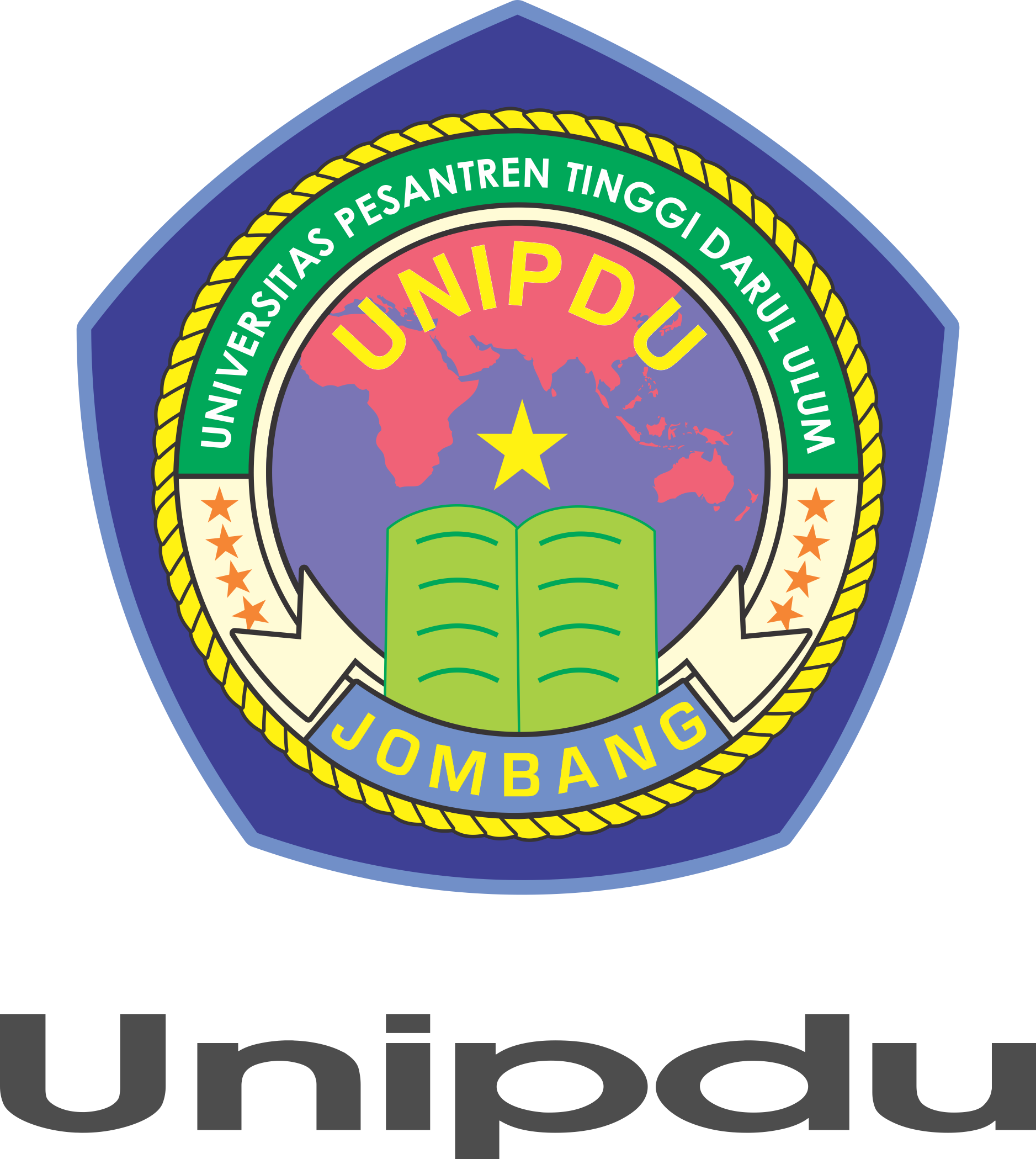Pengembangan E-Modul Statistika Matematika Berbasis STEM
DOI:
https://doi.org/10.26594/jmpm.v6i2.2505Keywords:
E-modul, Statistika Matematika, STEMAbstract
Penelitian bertujuan mengembangkan sebuah e-modul statistika matematika berbasis STEM yang dinyatakan valid, efektif, layak. Penelitian ini adalah suatu penelitian dengan metode pengembangan dan tahapan pengembangannya: analisis, perencanaan, pengembangan, dan evaluasi. Validasi produk dengan memvalidasi untuk materi, pembelajaran dan desain. Setelah valid dilakukan uji produk. Pengumpulan data meliputi validasi untuk kevalidan, tes statistika matematika untuk keefektifan dan angket untuk respon untuk kelayakan. Analisis data yaitu deskriptif dan kualitatif. Hasil penelitian memperlihatkan bahwa hasil respon terhadap e-modul statistika matematika berbasis STEM sesuai dengan kebutuhan mahasiswa yaitu memiliki kemudahan, daya tarik dan bermanfaat. Kesimpulan hasil penelitian adalah e-modul statistika matematika berbasis STEM dinyatakan valid, sangat efektif dan sangat layak.
References
Altan, E. B., Ozturk, N., & Turkoglu, A. Y. (2018). Socio-scientific issues as a context for STEM education: A case study research with pre-service science teachers. European Journal of Educational Research, 7(4). https://doi.org/10.12973/eu-jer.7.4.805
Andriani, A., Dewi, I., & Halomoan, B. (2018). Development of Mathematics Learning Strategy E-module, Based on Higher Order Thinking Skill (Hots) To Improve Mathematics Communication and Self Efficacy on Students Mathematics Department. Journal of Physics: Conference Series, 970(1). https://doi.org/10.1088/1742-6596/970/1/012028
Bell, D., Morrison-Love, D., Wooff, D., & Mc Lain, M. (2018). STEM education in the twenty-first century: learning at work—an exploration of design and technology teacher perceptions and practices. International Journal of Technology and Design Education. https://doi.org/10.1007/s10798-017-9414-3
Bozkurt, G., & Ruthven, K. (2017). Classroom-based professional expertise: a mathematics teacher’s practice with technology. Educational Studies in Mathematics, 94(3). https://doi.org/10.1007/s10649-016-9732-5
Ceylan, S., & Ozdilek, Z. (2015). Improving a Sample Lesson Plan for Secondary Science Courses within the STEM Education. Procedia - Social and Behavioral Sciences, 177. https://doi.org/10.1016/j.sbspro.2015.02.395
Chen, T.-Y., Wei, H.-W., Cheng, Y.-C., Leu, J.-S., Shih, W.-K., & Hsu, N.-I. (2015). Integrating an e-book Software with Vector Graphic Technology on Cloud Platform. Procedia - Social and Behavioral Sciences, 176. https://doi.org/10.1016/j.sbspro.2015.01.572
Choi, J., & Walters, A. (2018). Exploring the impact of small-group synchronous discourse sessions in online math learning. Online Learning Journal, 22(4). https://doi.org/10.24059/olj.v22i4.1511
de Mooij, S. M. M., Kirkham, N. Z., Raijmakers, M. E. J., van der Maas, H. L. J., & Dumontheil, I. (2020). Should online math learning environments be tailored to individuals’ cognitive profiles? Journal of Experimental Child Psychology, 191. https://doi.org/10.1016/j.jecp.2019.104730
Dick, W., Carey, L., & Carey, J. O. (2009). The Systematic Design of Instruction. In Educational Technology Research and Development. https://doi.org/10.1007/s11423-006-9606-0
Henry, M. A., Shorter, S., Charkoudian, L., Heemstra, J. M., & Corwin, L. A. (2019). FAIL is not a four-letter word: A theoretical framework for exploring undergraduate students’ approaches to academic challenge and responses to failure in STEM learning environments. CBE Life Sciences Education, 18(1). https://doi.org/10.1187/cbe.18-06-0108
Kapila, V., & Iskander, M. (2014). Lessons Learned from Conducting a K-12 Project to Revitalize Achievement by using Instrumentation in Science Education. Journal of STEM Education: Innovations & Research, 15(1).
Keengwe, J., & Georgina, D. (2012). The digital course training workshop for online learning and teaching. Education and Information Technologies, 17(4). https://doi.org/10.1007/s10639-011-9164-x
Leong, K. E., & Alexander, N. (2014). College students’ attitude and mathematics achievement using web-based homework. Eurasia Journal of Mathematics, Science and Technology Education, 10(6). https://doi.org/10.12973/eurasia.2014.1220a
Letchumanan, M., & Tarmizi, R. A. (2010). Utilization of e-book among university mathematics students. Procedia - Social and Behavioral Sciences, 8. https://doi.org/10.1016/j.sbspro.2010.12.080
Li, Y., & Schoenfeld, A. H. (2019). Problematizing teaching and learning mathematics as “given” in STEM education. In International Journal of STEM Education (Vol. 6, Issue 1). https://doi.org/10.1186/s40594-019-0197-9
Loong, E. Y. K., & Herbert, S. (2012). Student perspectives of Web-based mathematics. International Journal of Educational Research, 53. https://doi.org/10.1016/j.ijer.2012.03.002
Lou, S. J., Liu, Y. H., Shih, R. C., Chuang, S. Y., & Tseng, K. H. (2011). Effectiveness of on-line STEM project-based learning for female senior high school students. International Journal of Engineering Education.
Maass, K., Geiger, V., Ariza, M. R., & Goos, M. (2019). The Role of Mathematics in interdisciplinary STEM education. ZDM - Mathematics Education, 51(6). https://doi.org/10.1007/s11858-019-01100-5
Mailizar, M., & Fan, L. (2020). Indonesian teachers’ knowledge of ICT and the use of ICT in secondary mathematics teaching. Eurasia Journal of Mathematics, Science and Technology Education, 16(1). https://doi.org/10.29333/ejmste/110352
Mamun, M. A. al, Lawrie, G., & Wright, T. (2020). Instructional design of scaffolded online learning e-modul es for self-directed and inquiry-based learning environments. Computers and Education, 144. https://doi.org/10.1016/j.compedu.2019.103695
Nessa, W., Hartono, Y., & Hiltrimartin, C. (2017). Pengembangan Buku Siswa Materi Jarak pada Ruang Dimensi Tiga Berbasis Science, Technology, Engineering, and Mathematics (STEM) Problem-Based Learning di Kelas X. Jurnal Elemen. https://doi.org/10.29408/jel.v3i1.273
Pimthong, P., & Williams, J. (2018). Preservice teachers’ understanding of STEM education. Kasetsart Journal of Social Sciences. https://doi.org/10.1016/j.kjss.2018.07.017
Richey, R. C., Klein, J. D., & Tracey, M. W. (2011). The instructional design knowledge base: theory, research, and practice. In Journal of Chemical Information and Modeling (Vol. 53, Issue 9). https://doi.org/10.1017/CBO9781107415324.004
Sumarmo, U. (2014). Berpikir Dan Disposisi Matematika Serta Pembelajarannya. Kumpulan Makalah Pendidikan Matematika FPMIPA UPI Bandung. https://doi.org/10.1109/SECPRI.2000.848445
Tezer, M., Yildiz, E. P., Bozkurt, S., & Tangul, H. (2019). The influence of online mathematics learning on prospective teacher’s mathematics achievement: The role of independent and collaborative learning. World Journal on Educational Technology: Current Issues, 11(4). https://doi.org/10.18844/wjet.v11i4.4361
Yata, C., Ohtani, T., & Isobe, M. (2020). Conceptual framework of STEM based on Japanese subject principles. International Journal of STEM Education, 7(1). https://doi.org/10.1186/s40594-020-00205-8
Downloads
Published
Versions
- 2022-12-14 (2)
- 2021-09-09 (1)
Issue
Section
License
Copyright (c) 2021 JMPM: Jurnal Matematika dan Pendidikan Matematika

This work is licensed under a Creative Commons Attribution 4.0 International License.
All information and contents of articles contained in JMPM: Jurnal Matematika dan Pendidikan Matematika are free to read, download, print, copy, or share with various legal purposes.
The formal legal aspect of access to any information and articles contained in this journal website refers to the Creative Commons Attribution 4.0 International (CC BY 4.0) license terms.











